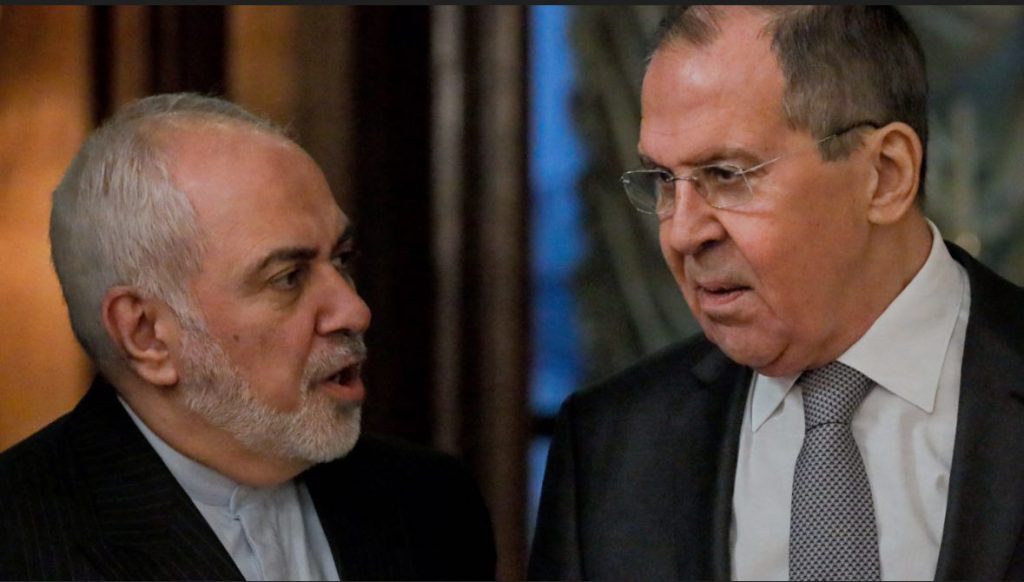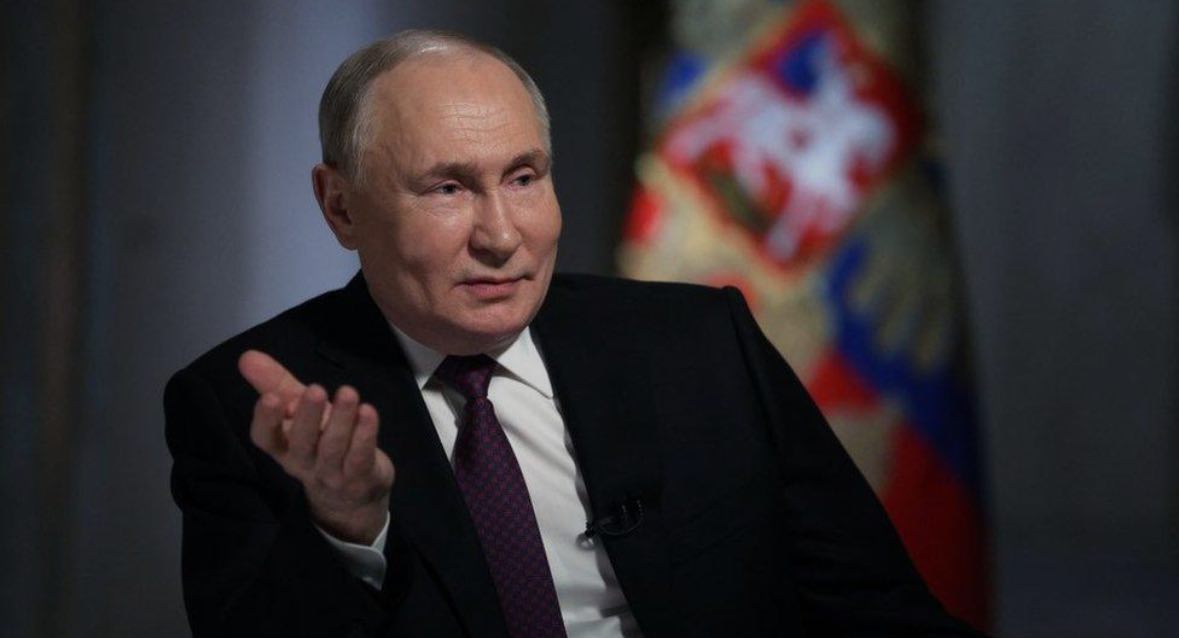Putin’s Diplomatic Smile and the Shadow of Doubt in Tehran
Putin’s Diplomatic Smile and the Shadow of Doubt in Tehran
According to IranGate News Agency, with the official end of UN Security Council Resolution 2231 and the escalation of disputes over Russia’s stance following the recent parliamentary controversies, new statements by Kazem Jalali, Iran’s ambassador to Moscow, and Sergey Ryabkov, Russia’s Deputy Foreign Minister, have once again focused analysts’ attention on the future direction of Tehran-Moscow relations, which, amid slogans of mutual trust and the strategic ambiguities of Russia, need a realistic reassessment more than ever.
Redefining Tehran-Moscow Relations in the Shadow of the End of Resolution 2231
With the official end of UN Security Council Resolution 2231 and the rise in disputes over Russia’s stance following recent parliamentary controversies, new statements by Kazem Jalali, Iran’s ambassador to Moscow, and Sergey Ryabkov, Russia’s Deputy Foreign Minister, have once again drawn attention to the future path of Tehran-Moscow relations.
Jalali, referring to some domestic statements against Russia, emphasized that some of these discussions are injected from outside the country to create internal discord.
He stated that Russia, as the president of the Security Council, announced the end of Resolution 2231, and a legal disagreement arose among permanent members, adding that it must be accepted that there is no international consensus on this issue, but domestically, it did not receive the necessary attention commensurate with its importance.
In another part of his remarks, the Iranian ambassador in Moscow asserted that the enemy’s goal is to isolate Iran.
The Americans, on one hand, call Iran to surrender, and on the other hand, they try to prevent our relations with Russia and China from forming. Even some internal disputes have roots outside.
An example is a question from an Arab journalist to Lavrov six days before the end of the resolution, which apparently was designed to provoke the internal atmosphere in Iran.
In this context, Sergey Ryabkov also emphasized the continuation of close relations between the two countries, stating that Iran and Russia have very deep and multifaceted cooperation, and there is no distrust between us.
He added that in all economic, financial, transport, and nuclear fields, we are ready to strengthen cooperation with Iran and stand shoulder to shoulder with Tehran against Western bullying.
These remarks were made on the sidelines of the signing of a cooperation agreement among the capitals of BRICS member countries in Moscow, where Iran was also present with Mehdi Chamran as Tehran’s representative.
The Equations Russia Defines for Iran
Although Jalali and Ryabkov apparently emphasize mutual trust and deepening relations, the reality is that Russia sets Iran’s foreign policy equations within a framework that remains in a state of suspension.
Tehran, in its interaction with Moscow, is neither a true strategic partner nor in an equal position.
The experience of recent years, especially in the nuclear dossier, the Ukraine war, the energy market, and the twelve-day imposed war, shows that Russia mainly uses Iran as a pressure lever in its relations with the West, sometimes for bargaining, sometimes for warning, and sometimes for controlling the flow of negotiations.
In other words, Russia keeps Iran in a semi-active state in its global power game, not close enough for a real partnership to form and not distant enough for Tehran to consider other options.
Moscow’s policy towards Tehran is one of effective ambiguity, outwardly speaking of friendship and alliance, but in practice, every time Iran-West relations become tense, it advances part of its own interests.
In such conditions, the repeated emphasis of Iranian officials on permanent friendship with Russia without understanding Moscow’s strategic logic can lead to the continuation of the same situation that has repeatedly placed Iran in a position of passivity in recent years.
As shown in the matter of how the end of Resolution 2231 was announced, Russia wishes to keep Iran on an ambiguous path that prevents Tehran’s independent breakthroughs on the international stage.
The Dispute That Began with Lavrov and Was Inflamed by Hardliners

Despite Jalali and Ryabkov’s calming tone, the root of the recent dispute lies in Lavrov’s statements about the snapback clause and the domestic reactions thereafter. Therefore, deflecting and placing the responsibility on a journalist is merely an escape from accountability.
Lavrov’s ill-considered stance, despite his long diplomatic history, was practically the beginning of a media wave that some domestic hardliners fanned, quickly turning a technical and legal issue into a political dispute within the country.
In fact, the source of the crisis is neither in Zarif’s words nor in previous governments, nor in the directed question of an Arab journalist, but in that initial spark from Moscow and then in the way some domestic factions dealt with it.
Hardliners who, in the name of defending national interests, call any criticism of Russia anti-unity, have now become part of the machinery that keeps national interests in a state of suspension.
These factions, by ignoring the reality of Moscow’s behavior, created an atmosphere of excitement and artificial polarization, resulting in diverting public opinion from the main questions: why do Russia’s positions not align with Iran’s interests at critical moments?
And why, every time Tehran is on the path of reviving dialogue with the West, are provocative positions issued by Moscow or its allies?
Therefore, the main audience of Jalali and Russian officials’ recent remarks are not the critics of Russia’s policy in Iran but those same hardliners who have turned this dispute into an endless sideline by riding the media wave.
Instead of a realistic analysis of national interests, they appear as unquestioning defenders of the Kremlin, practically distancing the foreign policy arena from the logic of opportunism.
Ultimately, although Jalali emphasizes the necessity of avoiding internal division, the experience of this dispute shows that defining Iran’s foreign policy in a dependent and ambiguous framework is the same danger that emerges from unbalanced relations with Russia.
The reality is that the crisis began externally but continued internally, and the hardliners who should be the target of recent warnings continue to fan the flames of discord.

